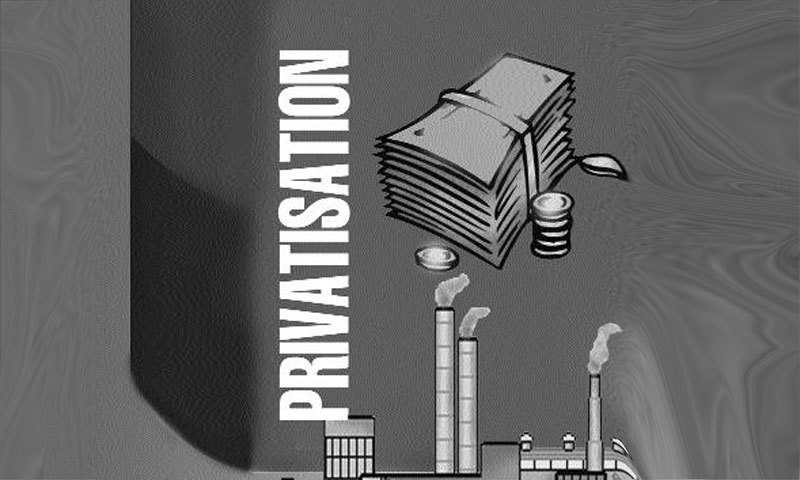IN an important policy address before the International Investment Conference, the government has reiterated its resolve to follow through on its privatisation agenda, which has suffered some delays on account of the PTI and PAT protests.
From the presentations made by the ministers for finance and privatisation, it appears the government is making the sale of state-owned enterprises a central plank in its programme to revive the economy.
The poor performance of the state-owned enterprises, headlined by massive inefficiencies in the power sector as well as accumulating losses in PIA and Pakistan Steel, are reason enough to agree that the government should now pull out of the business of operating commercial enterprises.
However, there are some very important public interest issues at stake that must be catered for, something that was lacking in the previous round.
Transparency in the valuation of the companies is not difficult in an age when the accumulated experience of two decades of privatisation around the world has taught us enough on how to generate reference prices and conduct auctions.
What needs to be learned, though, is the importance of safeguarding the public interest to ensure quality of service delivery post-privatisation. Mohammad Zubair, the privatisation minister, referred to the “healthy banking industry” today as an example of the benefits of privatisation. Unfortunately, he is only half correct.
It is true that the banking system is no longer choked with loans gone bad as it was in the era of nationalised banks. But it is just as true that our banks have almost totally eschewed all interest in risk assessment and lending to private-sector businesses, preferring to bask in the risk-free environment of lending to government.
What is more, they are rolling up their branch network in the rural areas, and have relaxed their efforts to increase their depository base, preferring to let money come in on autopilot instead.
In the power sector, the privatisation of KESC turned into a disaster almost immediately following its sale in 2004. The present management has succeeded in lifting the enterprise into profit, but its use of a highly controversial method to prioritise the provision of electricity to high-recovery areas remains problematic, principally because it skews the allocation of a vital resource towards the rich and away from the poor.
The method is commercially effective undoubtedly, but raises profound moral questions where the public interest is concerned. This is the biggest lesson that our past experience with privatisation has taught us.
Once privatised, these enterprises swivel quickly towards serving the needs of the elites only as part of a commercial strategy to pursue low-hanging fruit, and disregard the public interest.
Now that the process is about to start again after an eight-year hiatus, it is worth asking what is being done to guard against a repeat of these failures this time round.
Published in Dawn, October 30th, 2014













































